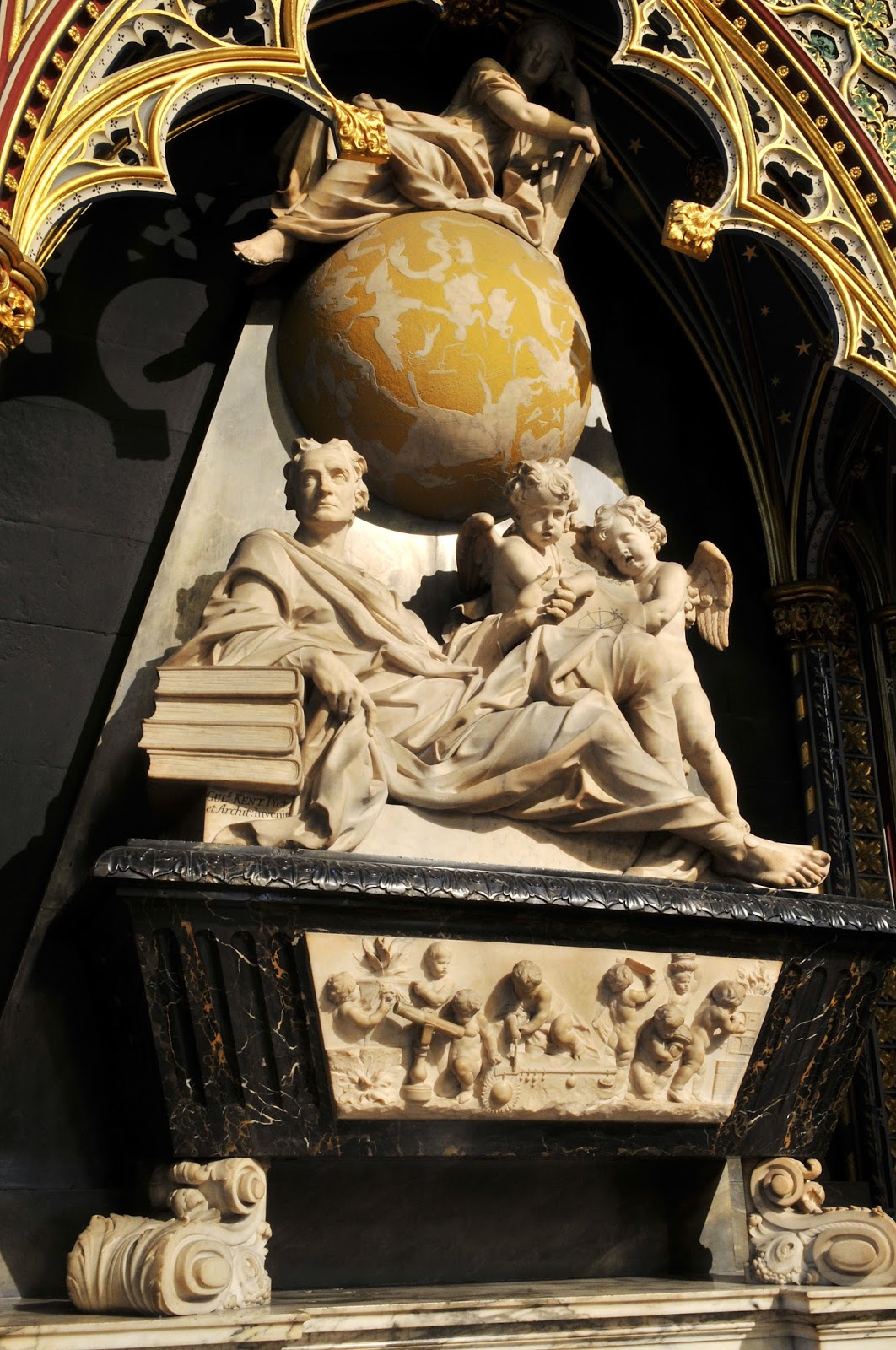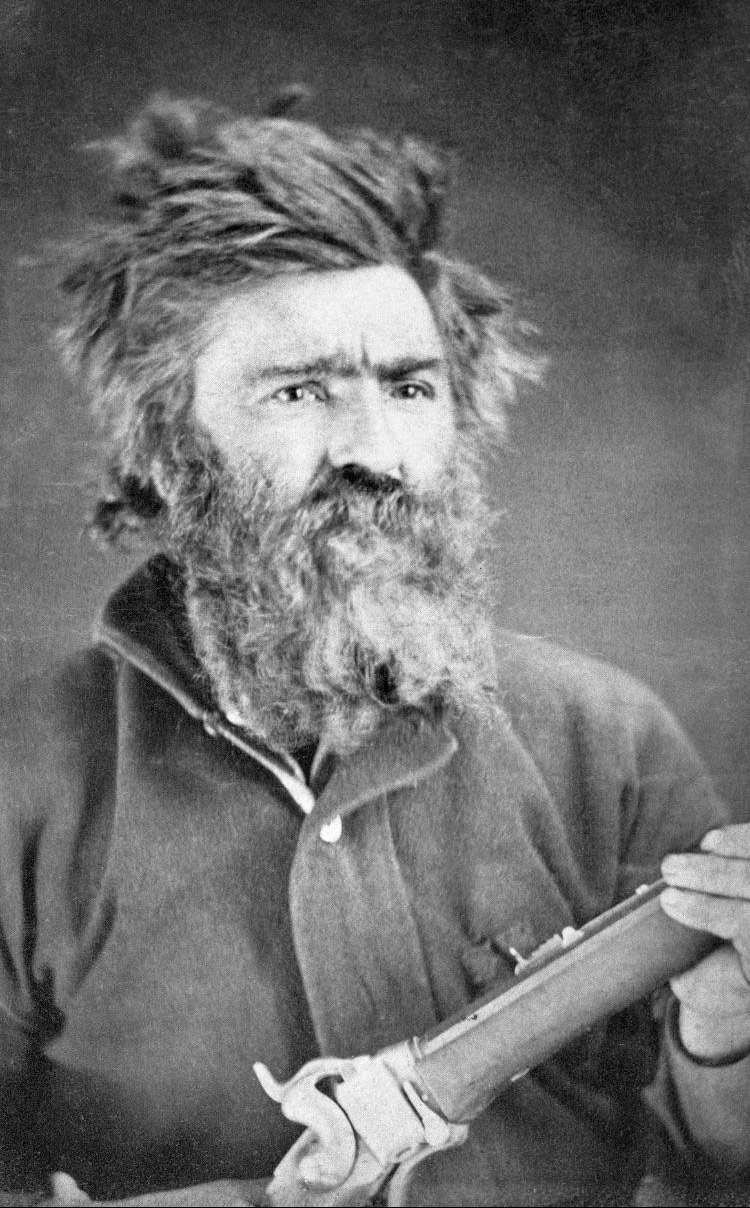Most of us have some figure we admire, be they famous like Alexander the Great or less-so like Karen the camp-follower. This is a thread to tell everybody about some human idol you have.
My approach to the thread will beimmediate abandonment a mostly off-the-cuff description of the person with research being limited to a few minutes for pictures, date and name verification, etc. The idea I think is to pick a person who is influential enough that you know something about them. But I'm not going to break your arm if you're an overachiever and I also wouldn't stress if you get some facts wrong.
Also, this may be the arts section (and my first post will be an artist), but please don't feel you must limit yourself.
tl;dr Tell us why your idol should be ours!
My first post will soon follow.

My approach to the thread will be
Also, this may be the arts section (and my first post will be an artist), but please don't feel you must limit yourself.
tl;dr Tell us why your idol should be ours!
My first post will soon follow.

Last edited:










